I can't find a way to retrieve the English names of regions with AWS CLI. Any idea?
I need to generate the following table of English names of all AWS regions in command line output in Linux.
'ap-northeast-1' => 'Asia Pacific (Tokyo)',
'ap-southeast-1' => 'Asia Pacific (Singapore)',
'ap-southeast-2' => 'Asia Pacific (Sydney)',
'eu-central-1' => 'EU (Frankfurt)',
'eu-west-1' => 'EU (Ireland)',
'sa-east-1' => 'South America (Sao Paulo)',
'us-east-1' => 'US East (N. Virginia)',
'us-east-2' => 'US East (Ohio)',
'us-west-1' => 'US West (N. California)',
'us-west-2' => 'US West (Oregon)',
'eu-west-2' => 'EU (London)',
'ca-central-1' => 'Canada (Central)',
'sa-east-1' => 'South America (Sao Paulo)',
I am not admin for the linux VMs and can't install Java.
